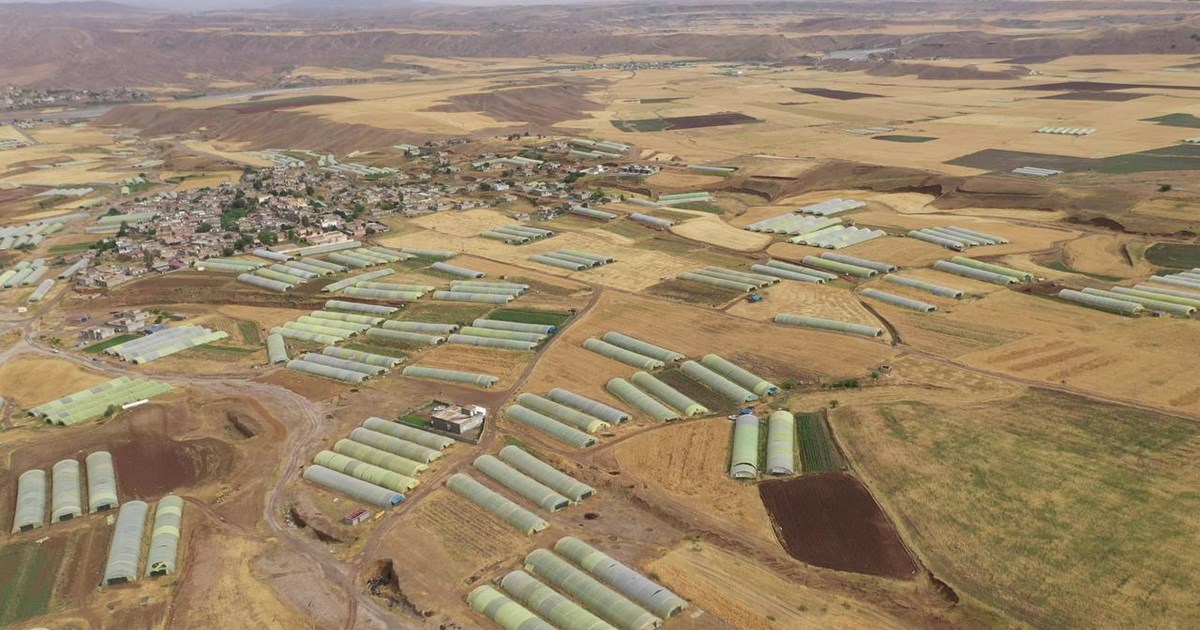KRG implements import ban on agricultural produce to protect local farmers

The ninth cabinet of the KRG is actively implementing a reform plan with the objective of enhancing the agricultural sector in the Kurdistan Region and seeking opportunities to promote Kurdish produce in global markets. To realise this vision, the government has introduced practical measures, including the elimination of export taxes. Additionally, local companies have been granted permits to export surplus fruit and vegetables, carrying the distinguished label of "Made in Kurdistan" accompanied by the Kurdish flag.
In line with its commitment to safeguarding local farmers and supporting domestic produce, the KRG has imposed a restriction on the importation of cucumbers from abroad. Notably, Spimal village, situated in Akre province, produces a substantial six tons of cucumbers per day. Apart from meeting local demand, this village contributes to the broader Iraqi market and aims to expand its cucumber exports to foreign destinations.
Yousef Bag Abdullah, a farmer with two decades of experience in the village, expressed his optimism, stating "We produce six tons of cucumbers daily, selling our high-quality yield within the Kurdistan Region and across Iraq. We also have aspirations to access international markets for our cucumbers." Abdullah further mentioned that approximately one thousand greenhouses in Spimal are dedicated to cucumber cultivation, with sowing beginning in February and harvest taking place in April. He emphasised the advantage of well-maintained transportation routes and appreciated the import ban on cucumbers, which significantly benefits local farmers.
The production of cucumbers in Sipmal village supports the livelihoods of over 200 families. Thousands of individuals find employment opportunities in various stages of the cucumber production process, including planting, harvesting, transportation, and marketing.
Following successful exports of pomegranates, rice, sumac, and tahini to international markets, the Kurdistan Region now sets its sights on expanding the global marketing of grapes, apples, and honey produced in the region.
Department of Media and Information
